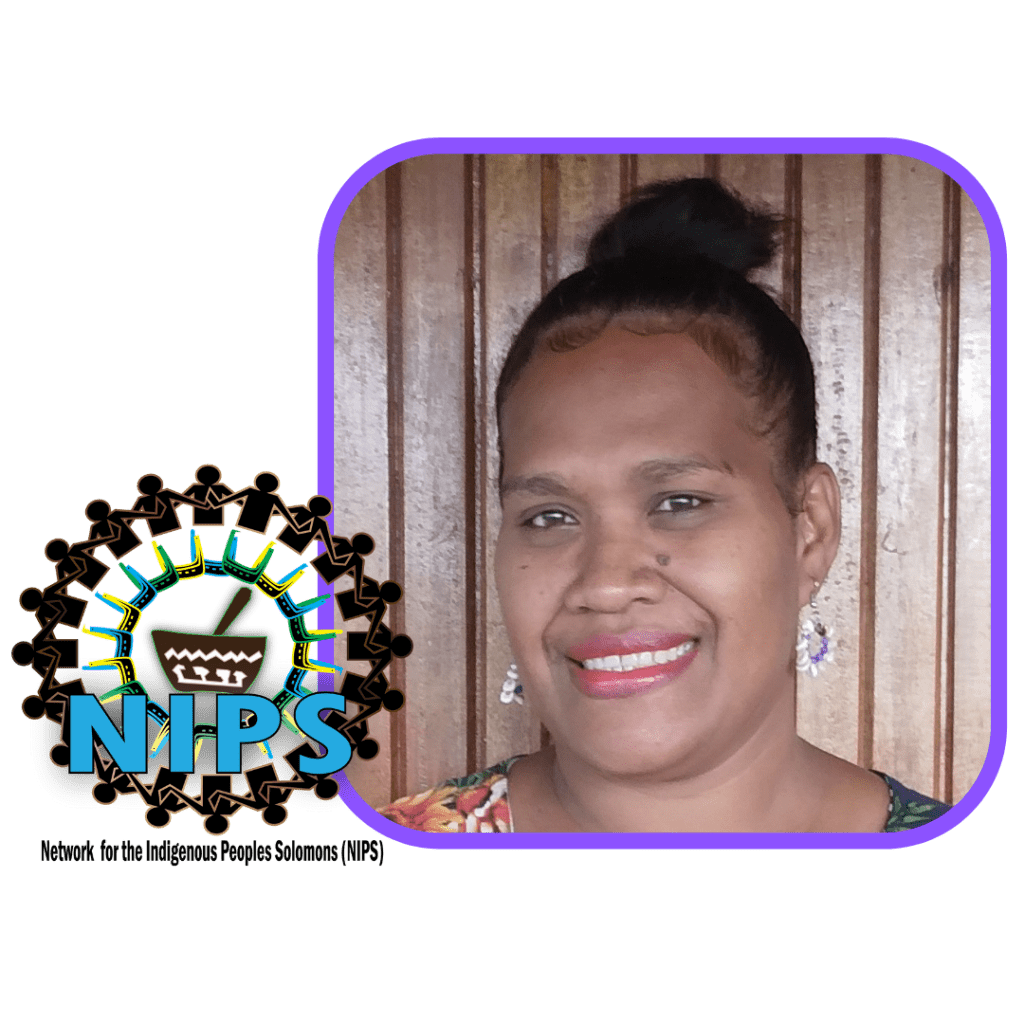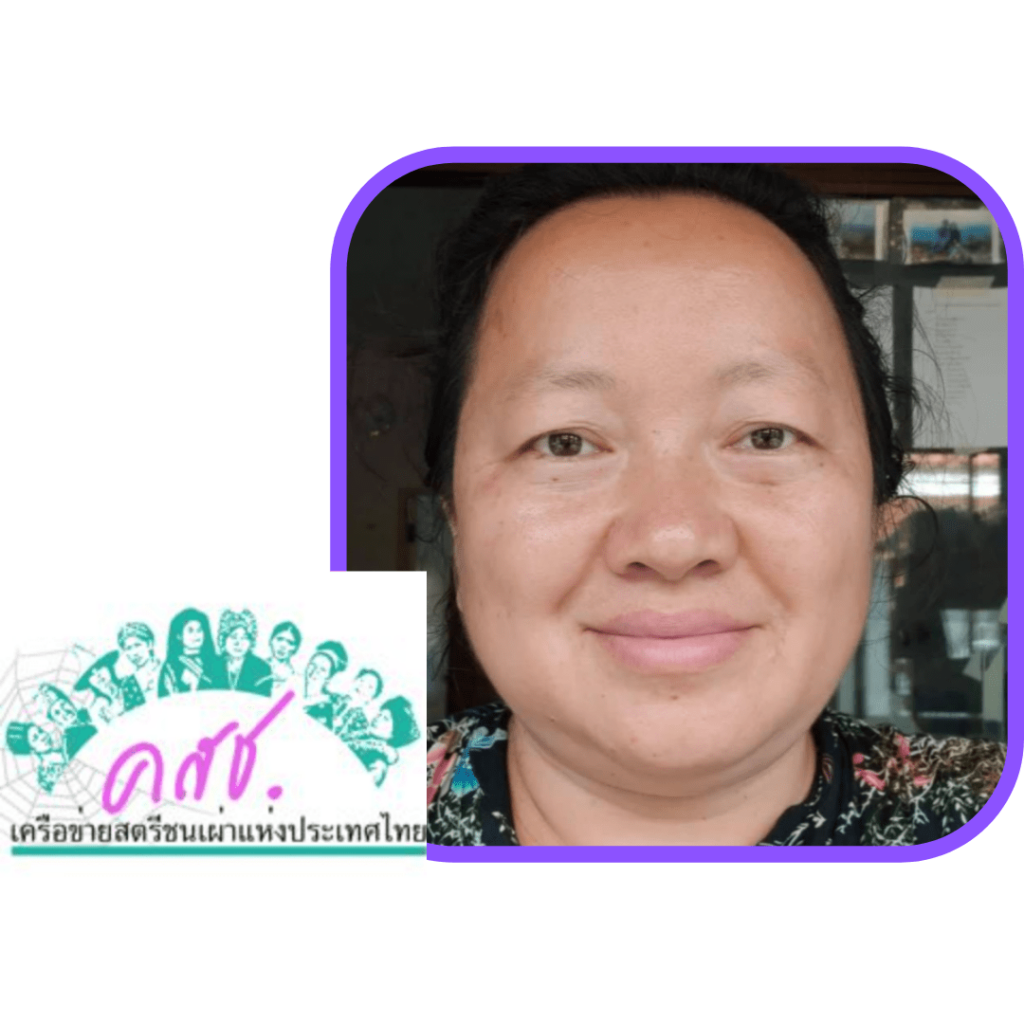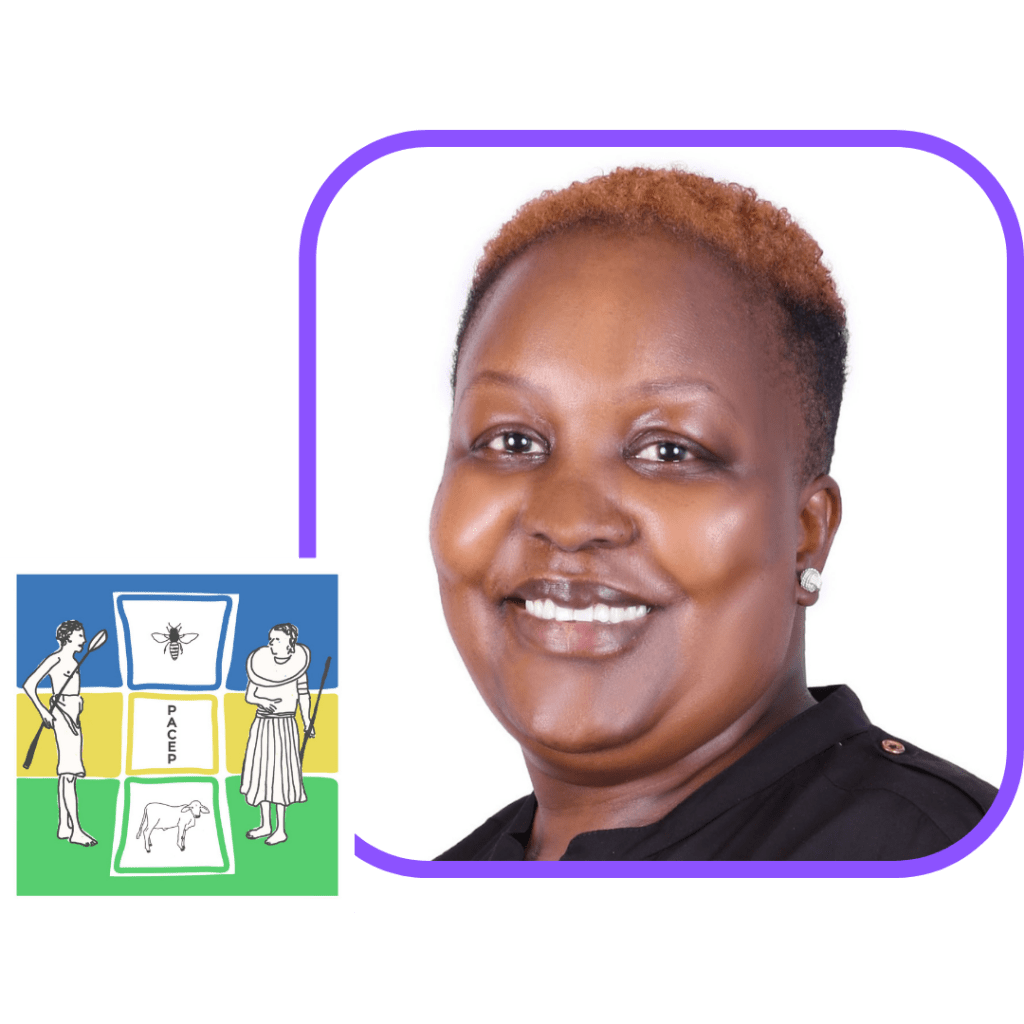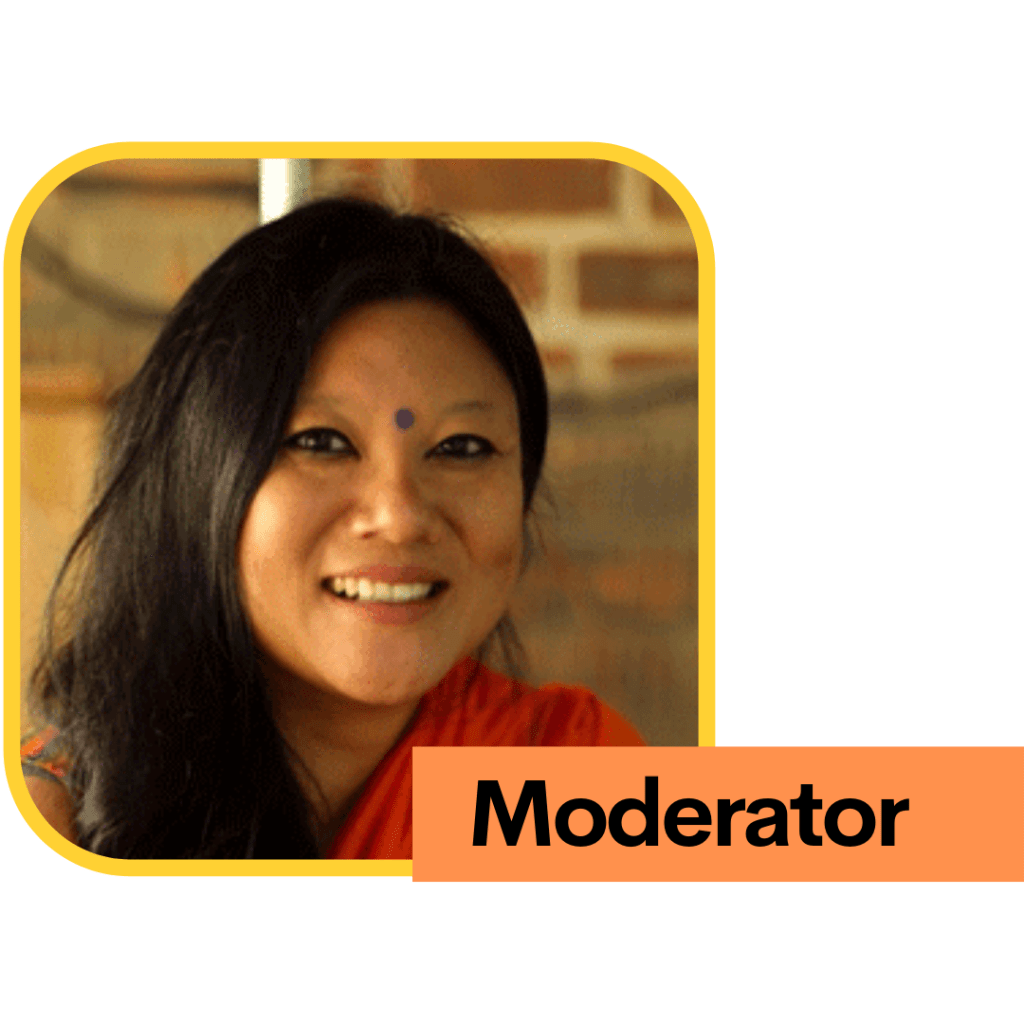VOICES FROM THE GLOBAL SOUTH IN ADDRESSING GENDER INEQUALITIES AND ADVANCING HUMAN RIGHTS IN THE POST-2020 GLOBAL BIODIVERSITY FRAMEWORK
ROUNDTABLE SUMMARY HERE
Date: Friday, 10 December 2021
Time: 11am – 1pm | Kenya (GMT +3)
3pm – 5pm | Thailand (GMT +7)
7 pm – 9pm | Solomon Islands (GMT +11)
Venue: Virtual | Zoom
REGISTER HERE OR AT BIT.LY/HERSAFETYISPRIORITY
About this session
On the occasion of the 16 Days for Activism Against GBV campaign, Women4Biodiversity is hosting a roundtable webinar to share, highlight and put forth recommendations and identifying opportunities in advancing women’s equality and human rights into the development of the Post-2020 Global Biodiversity Framework.
Speakers

Vice President and Coordinator
Network of Indigenous Peoples in Solomon Islands (NIPS)

Manager
Indigenous Women Network in Thailand

Policy and Partnerships Advisor
Indigenous Peoples Fund Pastoral Communities Empowerment Programme (PACEP)

Director
Women4Biodiversity
Interpretations:
English <> Spanish
Objectives and Expected outcomes
This event is being created to provide the space and the platform for practitioners, community members, experts, and other knowledge holders to engage, share, analyse and build a community of knowledge space. Specifically this session will:
- Invite and exchange knowledge, experience and strategies from the community
- Review, analyze and recommend actions in advancing women’s equality and human rights into the post-2020 global biodiversity framework
- Consider strategic advocacy tools and identify cooperation opportunities ahead
Background and Rationale
Around the world, 1 in 3 women 15 years and older have been subjected to physical or sexual violence at least once in their lifetime. This estimate is the same as that in the previous decade, according to 2018 estimates from the World Health Organization.
This violence also extends to women’s relations with the environment, particularly in their 1) access to and control of natural resources; 2) environmental pressure and threats; and 3) environmental action to defend and conserve ecosystems and resources (IUCN, 2020).
Gender inequalities already exist in social and legal norms, and in the context of land and natural resources, gender-based violence (GBV) maintains and even worsens, this inequality. For example, women wanting to participate in agricultural markets can experience violence from their partners who may want to keep control of finances. Some women, in their daily responsibilities like gathering firewood and fetching water, are vulnerable to gender-based violence. Some are also forced into “sex-for-fish” and other similar arrangements to ensure their family’s survival. (IUCN, 2020).
Meanwhile, a more subtle but still disturbing form of violence is gender-based discrimination in social, cultural, legal, economic and institutional frameworks. This affects women and girls’ ability to equally and safely participate and lead in environment-related initiatives (IUCN, 2020).
This gender-based violence, both in the environment-related context and otherwise, has also been exacerbated by the pandemic, with women’s access to and benefits from natural resources affected by the spread of the COVID-19 virus, and their mobility affected by the lockdowns, with isolation from support networks and increased vulnerability to violence, particularly from abusive partners (IUCN, 2020).
In response to these issues and in parallel with this year’s 16 Days of Activism: “Orange the world: End violence against women now!” initiated by UN Women and culminating in Human Rights Day on December 10, Women4Biodiversity is organizing a virtual roundtable event that would bring together women in communities from the Global South to share their stories of challenges and resilience.
This event is a follow-up to the October 11 High-Level Event on advancing gender considerations in the post-2020 global biodiversity framework. Gender-based violence and its environment linkages are an important dimension to consider in finalizing the post-2020 global biodiversity framework, as well as in all biodiversity-related planning and policy spaces.
This event also builds on last year’s virtual event on gender-based violence and environmental linkages organized by Women4Biodiversity. That dialogue provided an introduction to the connection between gender-based violence and women’s access to and use of natural resources and participation in environment-related planning and policy.
It’s time to advance gender equality and women’s rights in the post-2020 global biodiversity framework because #HerSafetyIsPriority.


